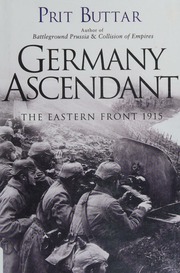I think that in case of a split of Austria-Hungary, the division will be made along the lines of Cisleithania and Transleithania. It is the easiest because for this purpose the political institutions and borders of the provinces are already drawn.
And small minorities have nothing to say in this time.
It will probably be that the Protestant German elite and perhaps also the normal Protestant population will be against it.
But we forget the Catholic population, which will be for it.
And I think the elite in military, economy and politics could be for an annexation because it gives Germany many advantages.
I agree that the disintegration of Austria-Hungary is a thing that appears in every history. But let's be honest. Does anyone here really believe that Austria was still really functional in 1919 to survive as an entity?
The minorities were in unrest, the Hungarians and Germans were resisting the elevation of the Czechs to the third pillar of the monarchy, and the population was simply fed up with everything.
Also how many nations with several large minorities are there which function decently without that not every few years a civil war appearance.
And small minorities have nothing to say in this time.
It will probably be that the Protestant German elite and perhaps also the normal Protestant population will be against it.
But we forget the Catholic population, which will be for it.
And I think the elite in military, economy and politics could be for an annexation because it gives Germany many advantages.
I agree that the disintegration of Austria-Hungary is a thing that appears in every history. But let's be honest. Does anyone here really believe that Austria was still really functional in 1919 to survive as an entity?
The minorities were in unrest, the Hungarians and Germans were resisting the elevation of the Czechs to the third pillar of the monarchy, and the population was simply fed up with everything.
Also how many nations with several large minorities are there which function decently without that not every few years a civil war appearance.


